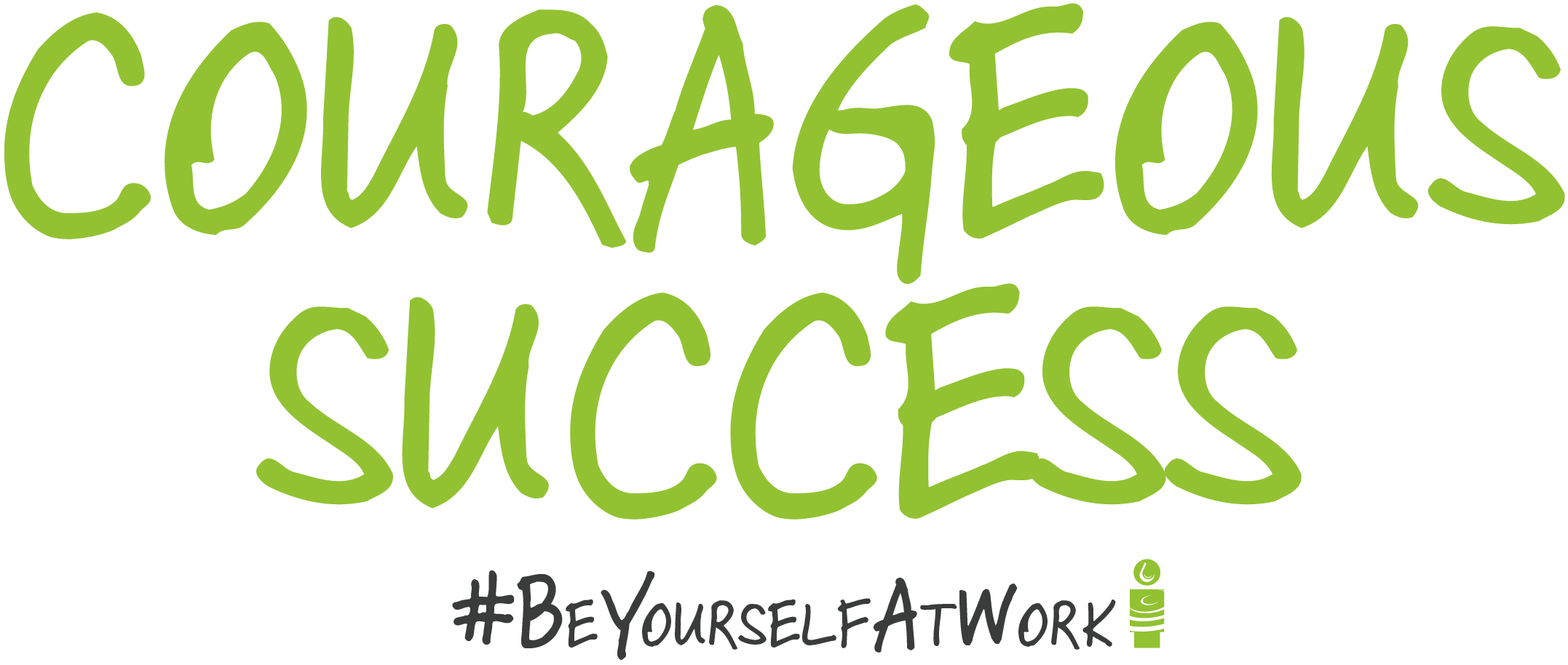“…the big moments in life often come through crisis and make us who we are, so don’t airbrush them out.’’
Elizabeth Day talking about her new book ‘How To Fail’, based on her successful podcast series, where celebrities and writers share their experience of failure.
Her view is that we should embrace failure and learn from it. Writing in The Guardian, she highlights a root from the many stories of failure she has heard “…how one becomes strong because of weakness; how one is more likely to succeed if one has learned from failure. In recent years, the notion of “failing well” has gained considerable currency. Books such as Adapt: Why Success Always Starts with Failure by Tim Harford and The Art of Failing by Anthony McGowan (which describes itself as “a chronicle of one man’s daily failures and disappointments”) have added grist to the notion that failure can be distilled into something more positive if the right alchemy is applied.’’
Acknowledging and accepting failure is about being real and human, and knowing and accepting this. Many people talk about having a fear of failure, we seem to have deeply held views that we should be perfect, perfectly airbrushed (thinking Instagram here too!), and anything less is unacceptable.
Often at work, managers and leaders feel the need to have all the answers and be the perfect role-model. Wearing a mask of ‘perfection’ that can lead to stress and anxiety as we expect ourselves to live up to an unrealistic ideal! Such a mask stops the real us being revealed to those around us, creating a barrier to proper human connection. We’re so busy trying to reach our perfect ideal, we feel stressed and anxious and appear inauthentic. Being humble and admitting we don’t know, admitting our failures means we also become authentic and real.
Kristi Hedges writing in HBR about her book The Inspiration Code; “as part of my research, I commissioned the Harris Poll to survey 2,000 U.S. adults about what communication behaviours inspired them. A top-cited behaviour was that the inspirational person said what they meant and spoke with authenticity. I also talked with hundreds of professionals about what inspires them, and emotion came up repeatedly as the gateway to authenticity. If people don’t see your true emotions, then they can’t see you.’’
According to another HBR study: “when leaders are true to themselves and admit mistakes or failures it gives others permission to do the same, changing the norms of the workplace.’’ The benefits are reported as: significantly higher job satisfaction and engagement, greater happiness at work, stronger sense of community, more inspiration and lower job stress. The more people share of themselves with others, the better the workplace experience. Spending less time and energy on self-monitoring freed up more time and energy for the task at hand.
Authenticity, creating a culture that enables and encourages asking for help and admitting failure also creates a culture of psychological safety. Such cultures “improves learning and performance outcomes, and, as research by Amy Edmondson of Harvard demonstrates, is created when leaders are inclusive, humble, and encourage their staff to speak up or ask for help. An oppressive culture simply cannot — over the long run — lead to generative results.’’ (HBR)
Isaac Getz, author of Leadership Without Ego, has said about his new book (to HR Magazine) ”Leaders must abandon their egos and be truly authentic to be most effective.’’
Courageous Success clients rate their ability to use their natural authenticity and strengths to maximise their performance as 88% – as a result of iAM (personal values profile) they truly understand themselves at heart, and report the positive impact on their leadership as 85%.
In practice this means being real: not conforming to an ideal, not being self-conscious and bringing the real you into work.
≠BeYourSelfAtWork
